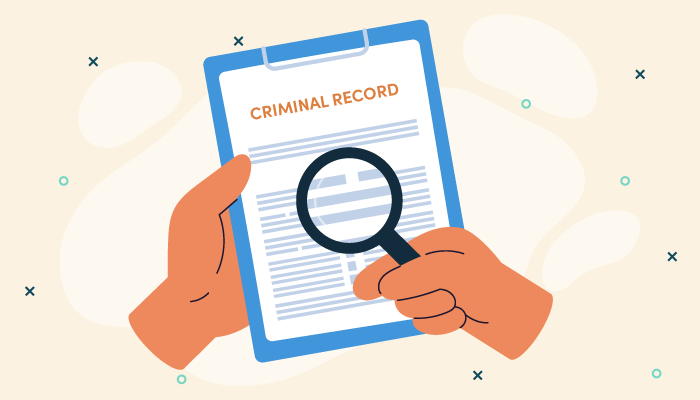
Criminal Records.
This type of data can include arrests, convictions, and outstanding warrants.
Knowing what is on a criminal's record can help you understand their past behaviors and how those behaviors may affect your decision to do business with them or work for them.
Arrests
An arrest is when a person is taken into police custody for the commission of a crime.
The arrestee usually appears before a judge to answer to the charge.
If the charge is minor, the judge will likely release the accused on probation.
However, if the accused is found guilty of more serious crimes, they may end up in jail.
In most cases, an arrest leads to a court appearance where the case can be further investigated and perhaps prosecuted.
Convictions
A conviction is when a judge or jury decides that the defendant is guilty of the crime for which they were charged.
Depending on the crime and the jurisdiction, a convicted person may face some form of punishment, including probation, parole, or imprisonment.
Although a conviction means the defendant has admitted to committing the crime, it does not prove that they are necessarily guilty.
A conviction can be overturned if evidence emerges later that proves the defendant's innocence.
Outstanding Warrants
An outstanding warrant is when an arrestee has an existing warrant for their arrest but have not yet been apprehended by the police.
If you discover that there is an outstanding warrant for an employee or contractor you are considering hiring, do you continue with the interview process?
It is not advisable to do business with someone who has outstanding warrants for their arrest, regardless of whether or not they have been convicted of a crime.
You may be legally liable for their acts if they steal from you or damage your property.
In some cases, the individual could decide to hide from the authorities or become violent, endangering your safety.
Due to the risks involved with having an outstanding warrant, it is essential that you know about them before you begin any form of business or contractual relationship.
Criminal records provide essential information about a person's arrests, convictions, and outstanding warrants.
Useful Facts
A person's criminal record can provide important information about their past behaviors which may or may not be relevant to your relationship with them.
For example, if you are considering doing business with someone who has a history of theft, you may want to consider looking into their past to see if they have been previously arrested or convicted of a crime.
Whether or not they have been arrested does not necessarily mean that they are guilty; it just means that the police have had the opportunity to investigate them and determine their guilt or innocence.
This is why you must always proceed with caution when dealing with anyone who has an outstanding warrant out for their arrest, particularly if those warrants are from different jurisdictions.
Difficulties
If there is one thing that is certain about having a criminal record, it is that it is not easy to clear oneself of it.
If an individual has been arrested or convicted of a crime, there is a good chance that other courts and law enforcement agencies have the same information about them.
Because of this, it is not always easy to obtain records relating to a particular criminal case, even if you are the victim of the crime or if the charge is still pending.
This is why you must always ask a lawyer to help you with this process, as it is not something that you as a regular person should be dealing with.
Even then, it can be difficult to get the ball rolling to get the information you need, as the police and courts may not always make their records available to the public.
Protecting Yourself From Legal Liability
There are situations where an individual can become legally liable for the acts of another person due to negligence or ignorance.
If you are considering hiring someone who has an outstanding warrant out for their arrest, it is essential that you investigate their criminal history and determine whether or not they are a legal risk to you.
If the answer is yes, you could become legally liable for any debts or damages that they cause during the duration of their employment.
It can be frustrating to deal with a legal liability that you did not foresee, and it is best to be aware of this risk before you begin any kind of business or contractual relationship.
When in doubt, it is always safer to be overly cautious rather than risk becoming liable for something you did not foresee.
Summary
Criminal records can include arrests, convictions, and outstanding warrants.
Knowing what is on a criminal's record can help you understand their past behaviors and how those behaviors may affect your decision to do business with them or work for them.
You must always proceed with caution when dealing with anyone who has an outstanding warrant out for their arrest, particularly if those warrants are from different jurisdictions.
This is why you must always ask a lawyer to help you with this process, as it is not something that you as a regular person should be dealing with.
Even then, it can be difficult to get the ball rolling to get the information you need, as the police and courts may not always make their records available to the public.